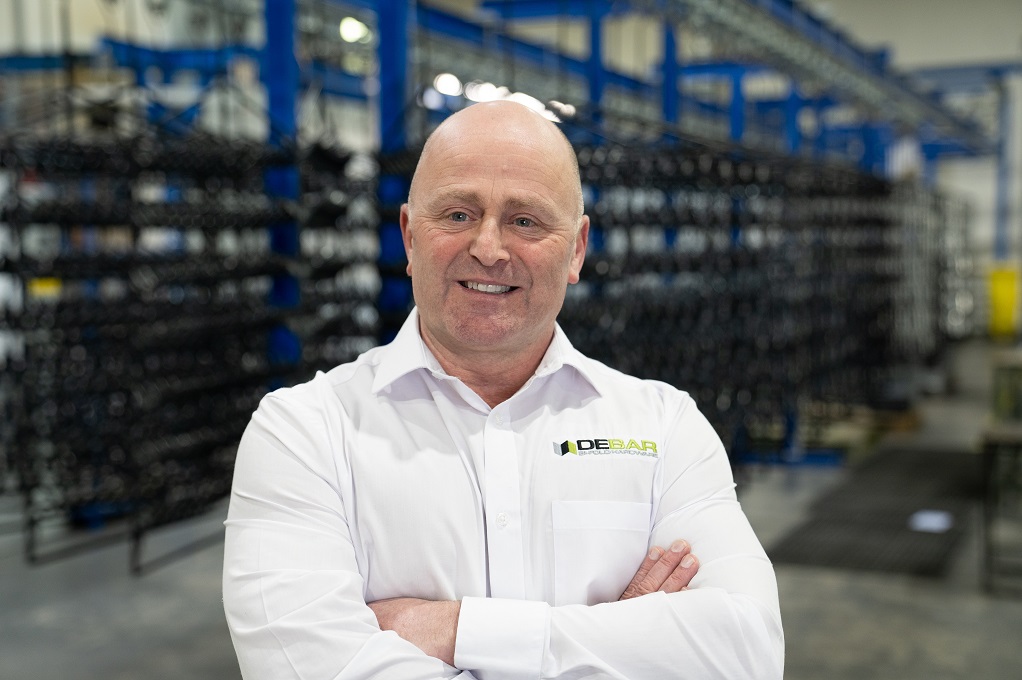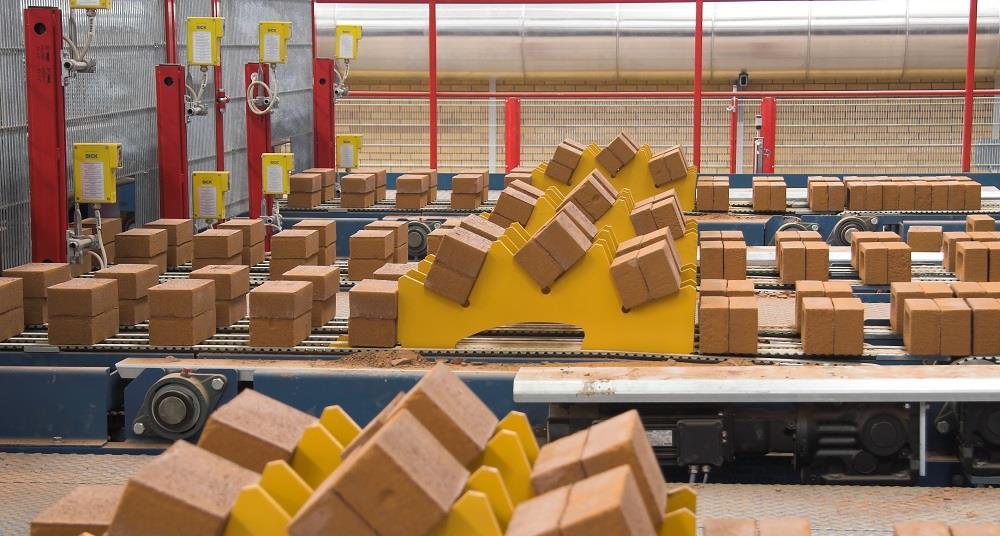LCA critical consideration in new construction warns UK sustainability expert

Following the introduction of the whole life cycle carbon (WLC) assessment in the new London Plan, UK-based energy and sustainability expert Sustain Quality is urging construction firms to closely consider the growing importance of life cycle assessment (LCA) across the wider construction industry.
The new London Plan, the spatial development strategy for the capital, was rolled out across Greater London and the 32 London boroughs on 2nd March 2021. One of the most notable aspects within the strategy was the introduction of WLC assessments as a requirement for meeting building regulations. This has sparked a renewed focus on LCA in construction.
LCA is considered to be a best practice approach for assessing energy requirements and the environmental impact of a new structure across all stages of the building’s life. It aims to help architects and developers to better optimise design and construction for improved efficiency and sustainability.
LCA typically takes into account aspects including the potential for global warming, ozone depletion, acidification, and eutrophication, as well as tropospheric ozone formation, and depletion of non-renewable sources.
The new London Plan has been launched to directly aid the Government’s mission to achieve its net zero greenhouse gas emissions target by 2050. According to the Climate Change Committee, in order to have a chance of meeting this goal, UK emissions must fall 63% by 2035 from 2019 figures.
Thiago Vieira Haberli MIEMA CEnv, Sustain Quality Managing Director said, “Not only do all developments pose carbon emissions and energy and sustainability challenges, but they do so across every stage of the life cycle, from product and construction stages to use and demolition. LCA considers the risks at every stage of a building’s life, and our mission at Sustain Quality is to develop strategic solutions to these challenges that help to transform the existing construction industry into a more sustainable, more responsible sector.
It is becoming increasingly clear that construction must be a firm focal point as the UK edges closer towards its sustainability goal. According to the UK Green Building Council, the built environment is currently responsible for 40% of the country’s total carbon footprint, with building energy usage contributing around 50% to that figure. While the majority comes from existing structures, it is estimated that new construction has added 48 MTCO2e.
The experts at Sustain Quality believe that sustainability must be incorporated into the initial stages of the design processes, especially as early stakeholders such as designers and investors have the potential to play such a significant role in shaping the construction and usage of a building. It’s a cycle.
This is a running theme throughout the LCA story, with decisions made at the resource stage affecting end of life impact, and decisions made at the construction stage helping to optimise energy efficiency during the usage stage. Construction is very much a never ending cycle of interconnected elements which all need to be considered holistically to drive change.
Sustainability consultancy is anticipated to become a strategic necessity in the new normal as London firms strive to meet the update regulations, and as regional and international organisations take measures to prepare for the expected expansion of LCA requirements across further cities in the future.




















